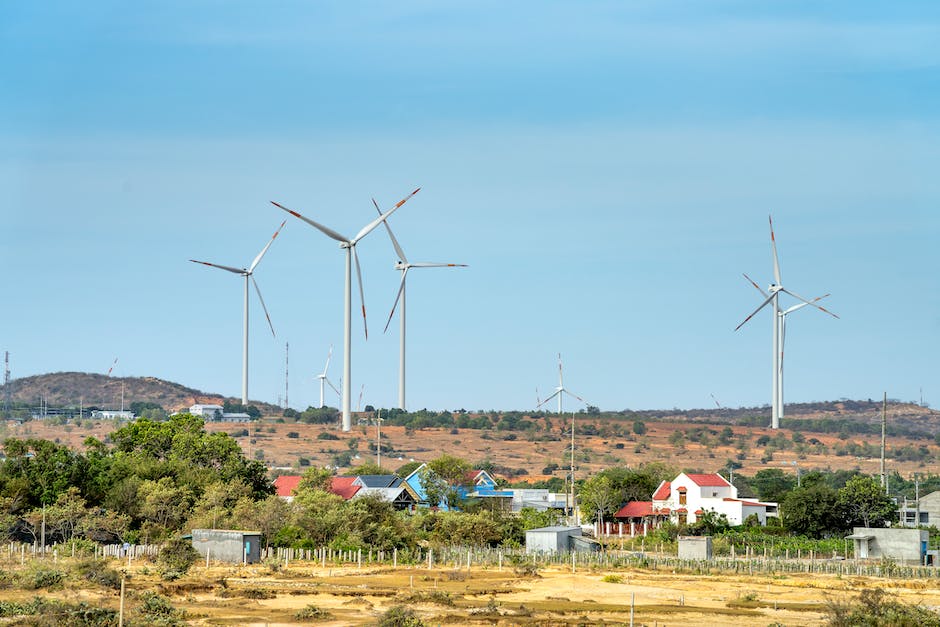Cannabis is a very diverse plant with many uses. Some use it for subsistence, others sell it to the masses as recreational drugs. Regardless of how it is used, all cannabis plants require water and nutrients to thrive.
As a start, members of the community can support sustainable cannabis production by supporting growers who offer products made from renewable resources. For instance, the owner can send him or her a gift certificate to a sustainable grow shop!
Some resources that growers can use are software and equipment upgrades, soil and irrigation methods, and special clothing and equipment needed for growing plants in temperate climates.
Supporting eco-friendly producers and brands
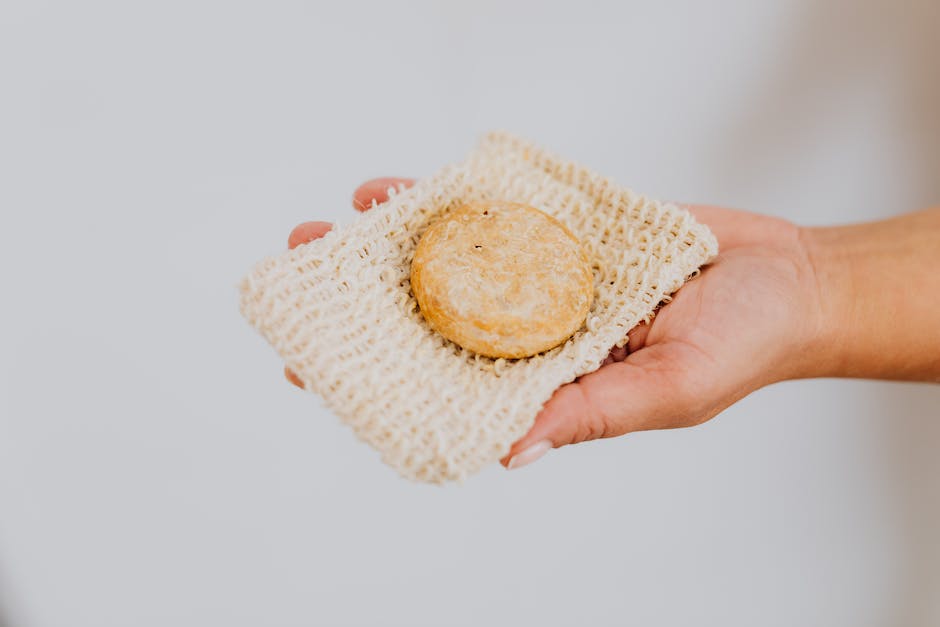
Cannabis is a complex plant that varies widely in size, shape, color, and content of CBD and THC. As a result, there are many who find solace in its CBD and/or THC levels.
However, for those who do not want to support large cannabis brands, you are not out of the loop. There are hundreds of small-to-medium sized cannabis brands that deliver quality products at a great price.
Many of these smaller companies use organic materials and processes to produce their goods. While this may not make them more sustainable, you still can support these companies by paying attention to how they produce their goods and how they package and market their products.
Avoiding dubious suppliers
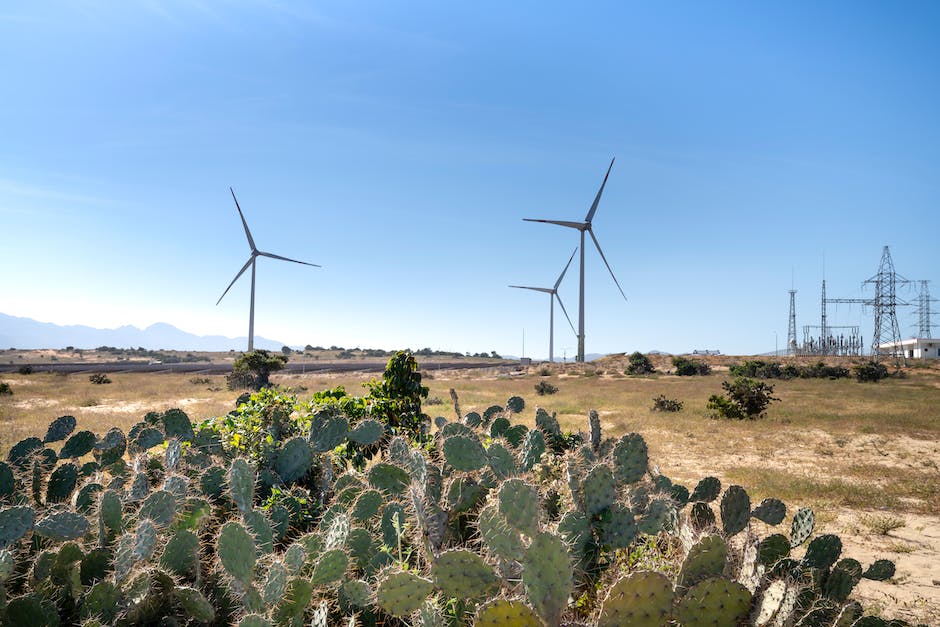
It is critical that you pay attention to your sources of cannabis. There are a lot of ways for a person to produce cannabis, and many of them are not sustainable.
To avoid these kinds of suppliers, look for organizations that support environmentally friendly practices in the production process. You can also join coalitions that promote sustainable cannabis production, such as the Green Growth Alliance (GVA).
By supporting established brands that have solid reputations, you will be helping your community get high without having to worry about taxes or legal matters. You will also be helping your own health as you reduce your reliance on drugs to achieve positive effects.
You can also look for platforms where you can buy your cannabis at lower prices through online platforms such as Craigslist or eBay. These methods are not very secure, but if it helps save money then they are worth it.
Understanding product waste
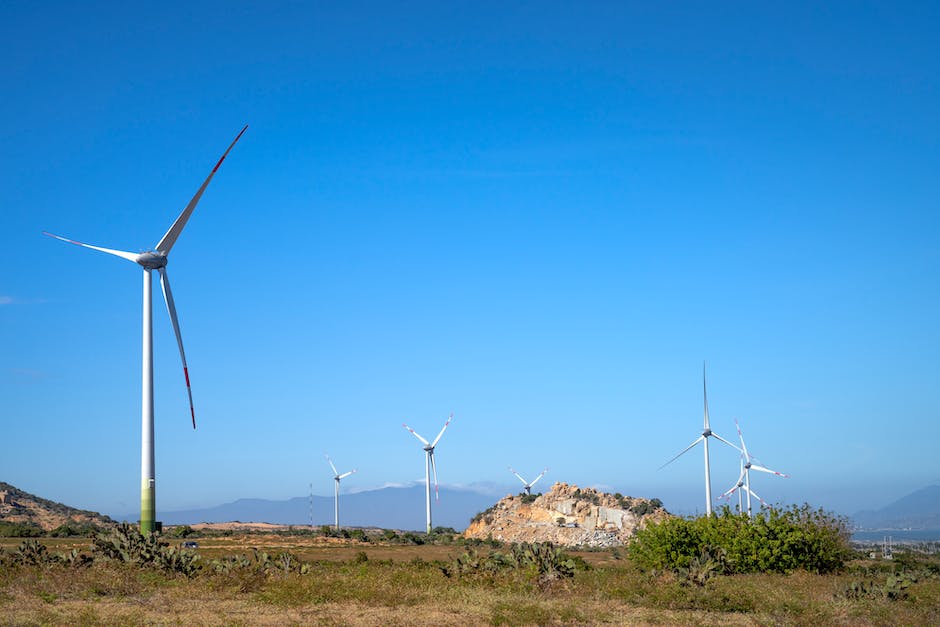
Product waste describes when a producer fails to use or manage materials properly. It can be at both the brand level and producer level.
Many brands purchase media, plant material, and equipment from prolific growers. These growers often do not have enough awareness of quality control in regards to revealing information about their plants.
Some growers may not have done sufficient research on lab tests or their claims of potency and quality. Since these grower-branded products are highly influential, this can create a systemic issue in regards to supporting sustainable cannabis practices.
It is important for brands to have clear policies on who they will work with and who they will not work with, as well as how they will handle complaints. These standards should be always be kept in place for proper accountability and response.
Supporting sustainable packaging

Cannabis is a very plastic-dependent crop. As the plants grow, they require more and more packaging to protect them from the sun, to safeguard them against rain, and to store them when they are completed.
As the plants reach their fifth month of growth, they begin to form large leaf clusters that stick out at odd angles. This is when they need enough room to expand, so they can protect themselves from excessive heat and dryness.
After this, it is important to support the industry as it continues to evolve. Some ways of doing this is by purchasing brand-new or recycled packaging, supporting new cannabis brands and products, and supporting organizations that conserve water and materials.
Ask about recycling options

As a cannabis consumer, you should always ask about recycling options for your purchase. Many dispensaries offer recycling bins, or allow you to drop your item off at the dispensary’s distribution center for recycling.
Surprisingly, not all plastic containers are accepted at distribution centers, so check if your purchase comes with a paper bag or even a box to put the contents in.
If an item needs to be returned, inquire about whether it can be sent via FedEx or another delivery service. If so, consider using FedEx as your provider instead of the common UPS due to their customer support availability.
Are there organic options?
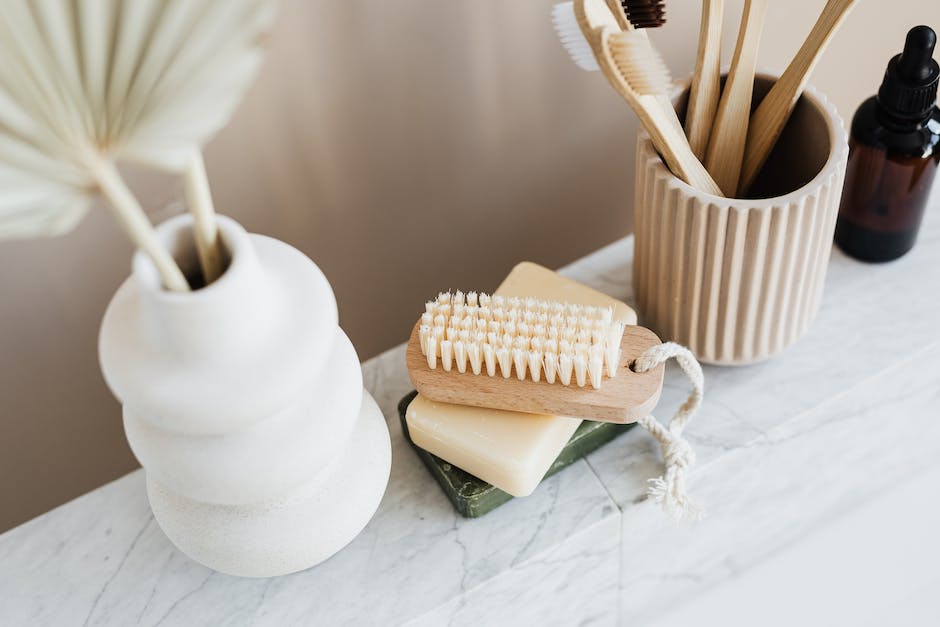
gardening is a great way to enjoy the beautiful plants and flowers in your garden. Many people are now becoming more aware of greenery in their lives as the environment continues to suffer due to people’s use of cannabis.
When grown in an organic soil mix, plants cannot be subjected to paper towels and washing, which is important when cleaning up after the plant has finished its cycle.
Some cannabis strains are sensitive to soil conditioners, so it is best not to use products containing additives such as carrageenan or silica, which contain special molecular structures found in seaweeds. These may bind to cannabis particles and make them inaccessible to the water and soil system.
Talk to your dealer about their practices
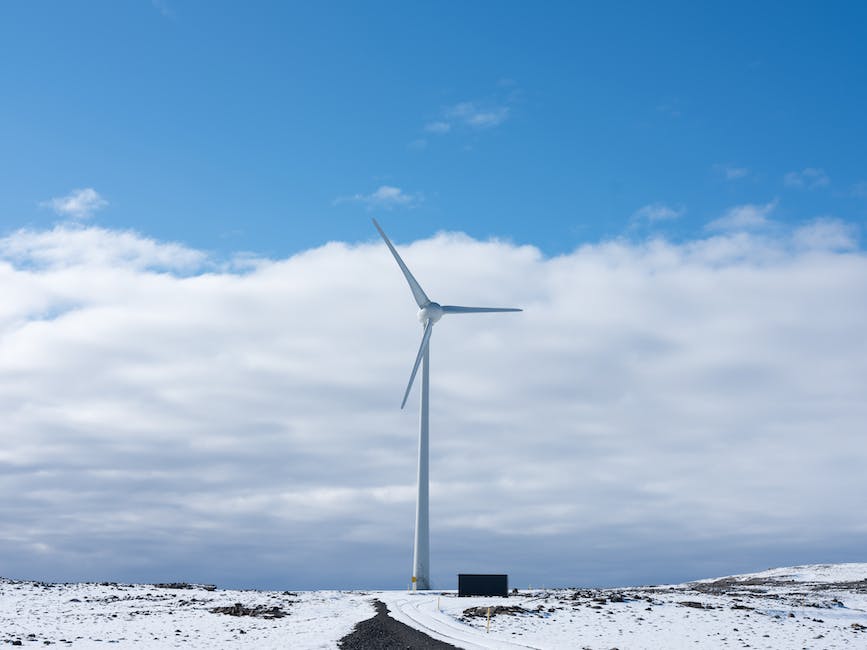
It’s important to listen to your dealer, too. Many operators are uncomfortable talking to reporters about their businesses, but at a minimum, you should be aware of what they are telling the world about cannabis.
As part of that awareness, you can ask questions. Many operators will answer questions if they know who is asking in good faith that they are being honest about their product and what they are trying to accomplish.
At a minimum, you should talk to your dealer about sustainability. A lot of times, dealers do not realize that talking to the government can be a pain in the ass. He or she may also have heard from others that it is not necessary, but that is not the truth.
Know your producer or brand
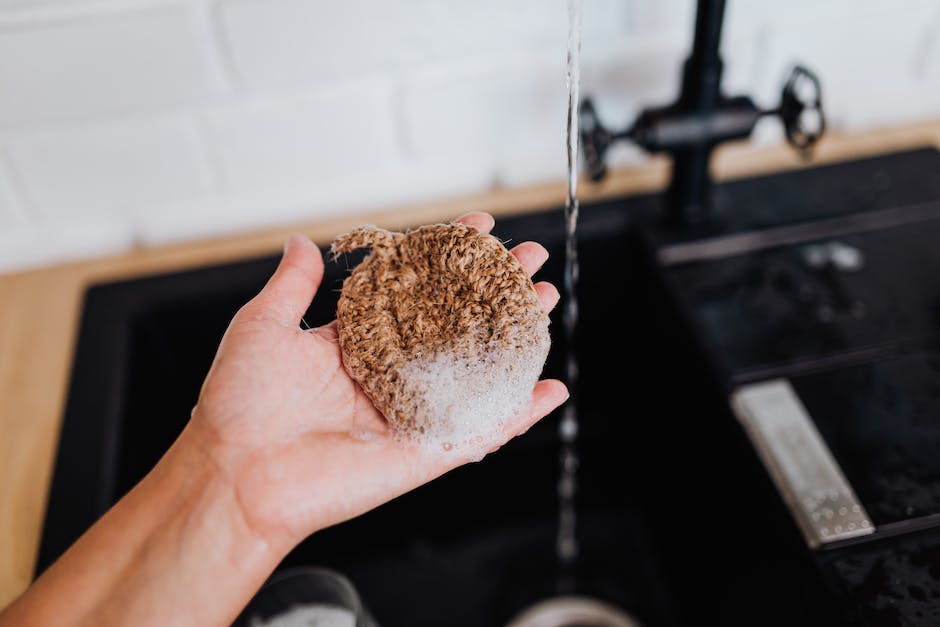
In order to support a sustainable cannabis producer or brand, you must know what steps they take to ensure their product is sustainable. Many do not have standard procedures in place that include testing for toxic pesticides, cultivating with water that is properly treated to preventacists like cyanide, and using slave labor to produce their product.
These types of companies are the exception to the sustainability rule, and should be reviewed by a qualified reviewer before you buy. More often than not, these companies will use slave labor due to cost factors, but having the ability to check whether or not this does any harm and whether or not it is sustainable is necessary.
If a company uses slave labor, then they should still be buying from a sustainable plant in order to support them. The only way for them to change this is if they are thoroughly reviewed by a sustainability program.

